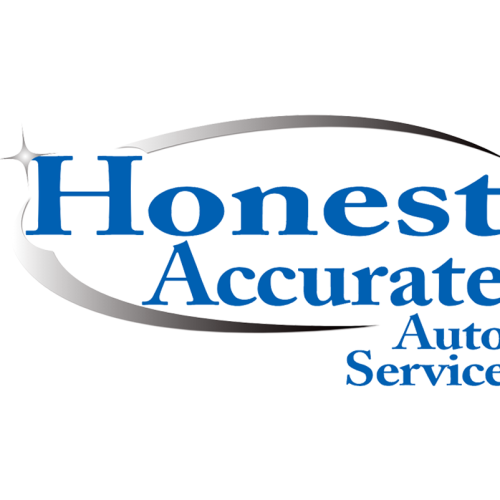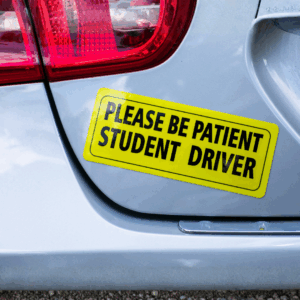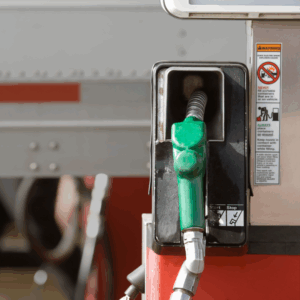Like Yoda always says in Star Wars, “MAY the force be with you… in your BRAKES”. No words have ever been wiser when it comes to your vehicle and its ability to stop…and stop safely! That’s what I’m blogging about here. For your safety, I hope “the force” in your brakes is strong this MAY!
Many people take their brakes for granted and MAY not think much about them or how important they are, until they press on the brake pedal and their car doesn’t stop as quickly as expected, or maybe scraping or squealing noises are apparent. Consider the people driving around you – you are responsible for your vehicle stopping quickly when needed. How about your family? Are they safe when driving in your vehicle? Make sure your brakes are in tip-top shape! If anything you read in this blog raises a red flag, then it is time to get your brakes checked out by a professional before summer driving.
What do you think of when you think of your own brakes on your vehicle? Does your vehicle:
- Pull to one side or the other?
- Stop quickly or slowly?
- Squeak, grind, chirp, shake, vibrate, howl, or whine?
- Pulsate when depressing the brake pedal?
- Leak?
- Or something else odd that I missed?
I hope it doesn’t do any of that, except for the stop quickly portion!!
First, let’s go over the “mechanics” portion of brakes. Put your hands on a table and slide them side to side lightly. Now put your hands on the table, put as much pressure on them as you can, and see if you can move them. You weren’t able to move them because you were applying force and friction between your hands and the table. That’s exactly what happens with your brakes.
A hydraulic force is applied by your brake pedal. This force is applied to a piston in a caliper, either on all 4 wheels (or 2 in the front and drums in the back). Picture a circular disc, with two pucks on either side of that disk and a screw clamp holding them against the disc. That clamp is the “caliper”, the pucks are the “brake pads”, and the disc is the “rotor.” Tighten down that screw clamp and what happens? You can’t move the disc in either direction. The pressure between the brake pads and rotor makes you stop when you depress the brake pedal.
Hydraulic pressure applies the force, so that the fluid does the work. Any fluid within a closed system can develop leaks over time, because hoses, brake lines and calipers can crack and disintegrate. The hydraulic fluid can then become contaminated with water and corroded metals. Seals intended to keep the hydraulic fluid within the system can also crack, age, and begin to leak
Good brakes should stop and not have any abnormalities. An experienced technician can tell you whether your brakes are working well or in need some loving attention. Maybe they feel ok, but the pads are nearly worn out, or they shake at higher speeds and just need to have the rotors machined so that they are smooth. Let the technicians at Honest Accurate Auto Service help you have a better braking experience and MAY the force be with you!



